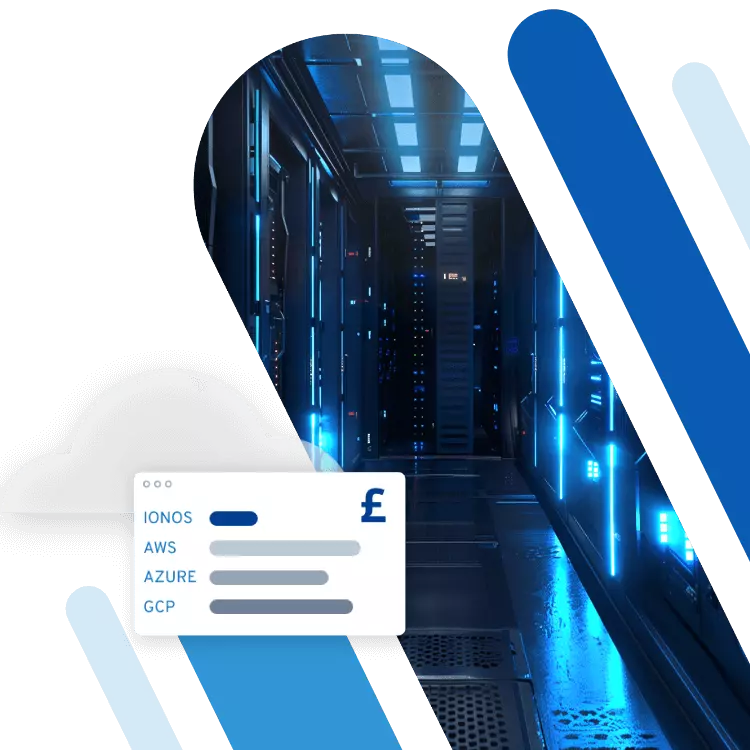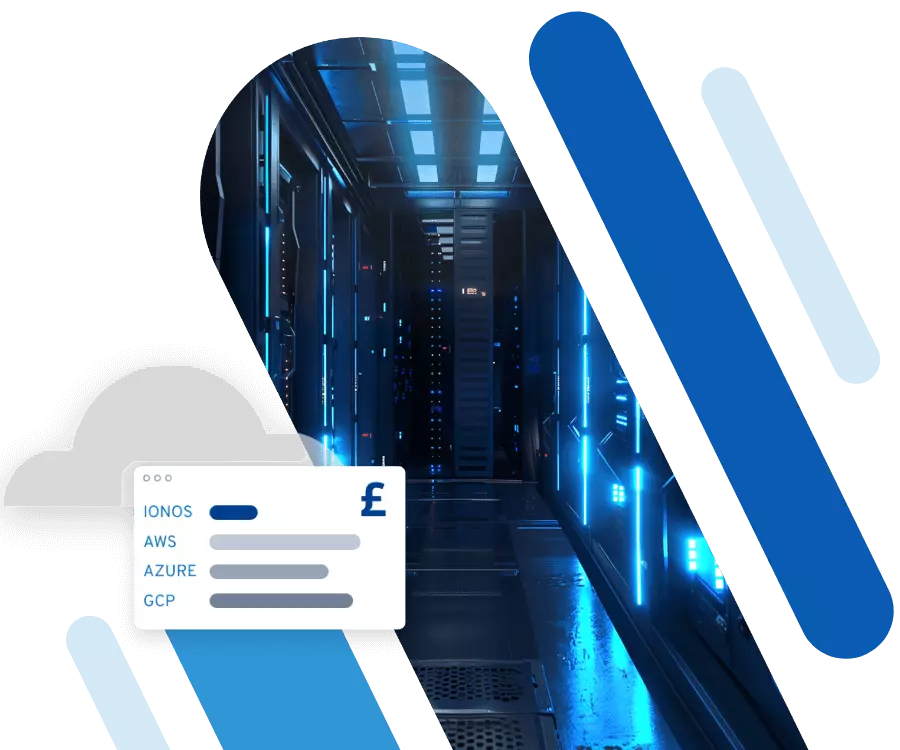What is an MSP (Managed service provider)?
For many companies, the growing demands on in-house IT infrastructure represent a major challenge. One approach to tackle this is the purchase of managed services. But what are administered IT services and what exactly does a managed service provider do?
What is a managed service provider?
A Managed Service Provider (MSP) is a company that provides a range of IT services and manages them for their clients. By default, the provision and maintenance of the services usually happens remotely, which is why MSPs rarely visit a client’s office. Managed service providers tend to offer different types of billing models: a monthly fee to install and maintain the respective MSP services is just as common as time-based billing. Cost structures based on the number of users or devices are also widely in use.
MSPs tend to offer their services as part of a service level agreement (SLA), which is a contractual agreement between provider and client that details the level of services provided.
Managed services are particularly appealing to small and medium-sized companies because the outsourcing of specific IT needs allows them to forego in-house IT support and save costs. Starting in the 1990s, the principle of administered services was originally aimed exclusively at large corporations. IT heavyweights such as IBM laid the foundation for the business model of today’s managed service providers by offering services for remote monitoring of servers and networks.
What is a managed service?
The term ‘managed service’ does not target a specific type of IT service. Rather, it is used for all IT services that can be outsourced to an external provider and managed remotely.
Typical managed services include:
- Hosting
- Network and other technical infrastructure
- Cloud services
- Backup services
- Security structures (Managed Security Services)
- Disaster recovery
- Managed server applications
- Remote monitoring
- Update and patch management
- Helpdesk services
In addition to technical IT services, managed service providers now also tend to offer support for more basic business areas such as personnel management, process optimisation or accounting.
The following examples of managed services are intended to illustrate the benefits and functionality of such IT services, and exemplify how managed service providers work.
- Cost-effective vCPUs and powerful dedicated cores
- Flexibility with no minimum contract
- 24/7 expert support included
Managed services: IT security examples
IT security is an important topic for most businesses because the loss of sensitive company data has the potential to cause severe financial damage, while also jeopardising a company’s image. However, many SMEs tend to lack the know-how or personnel to ensure their IT systems are safe and appropriately managed.
By partnering with a managed service provider, small and medium-sized companies can relinquish responsibility for security structures and concentrate on their core business. Typical MSP services within IT security are:
- Management of firewalls and intrusion detection and prevention systems
- Management of company-wide malware protection on all end devices
- Defence against hacker attacks
- Monitoring of network and security
- Updating of systems and applications
- Detection and elimination of weak points, e.g., by using penetration testing
- Security training
Managed services: storage and backup examples
Security is also an important topic when selecting suitable storage solutions for company data. Saving data in the cloud has been a standard for years, but data security and data protection have become increasingly important topics in recent years. Outsourcing company storage solutions to a managed service provider not only keeps internal hardware to a minimum but means businesses can rely on guaranteed security conditions set out by the provider.
Find out ‘What is cloud storage?’ and how information is stored in the cloud in our dedicated article.
A comprehensive backup solution is also a popular managed service offered by many providers. Regardless of the storage structures selected, a backup system ensures a higher level of security, as lost data can be restored at any time. A provider helps to implement the right strategy, administrates, and monitors the backup process and supports the company in the event of necessary restoration.
Managed services: remote monitoring and management examples
Remote monitoring, i.e., the monitoring of IT structures from a distance, was the first managed service offered back in the 1990s. But this type of service is no longer just aimed at large companies. Remote monitoring and administration of IT services is now of increasing interest to small and medium-sized companies that depend on functional and high-performance IT infrastructures.
Among possible functions of Remote Monitoring and Management Services (RMMS) are:
- Installation and updating of software
- Configuration and remote control of servers and other end devices (desktop, mobile devices, etc.)
- Monitoring of system utilisation and performance
- Notification of problems
- Reporting
- Automated execution of routine processes (e.g., scripts)
- Remote IT support
- Enterprise-grade architecture managed by experts
- Flexible solutions tailored to your requirements
- Hosted in the UK under strict data protection legislation
Practical example of an MSP: which services does IONOS offer?
The range of managed services offered is broad and the way in which individual providers position themselves on the market is just as extensive. While some companies focus solely on the provision of managed services, for others managed IT services form part of a whole suite of products. The number of managed services on offer tend to vary from one company to another.
IONOS offers a range of managed services that ensure clients remain effective, efficient, and successful in the digital space. The ‘managed’ part can take on a smaller or larger role depending on performance. A good example of this is server hosting. Here, customers can select from the following options:
- Traditional server hosting: Customers borrow the hardware for their desired server structures. IONOS provides the hardware resources and supports the software installation by providing ready-made apps. The administration of the server is the responsibility of the customer.
- Managed server hosting: When opting for a managed server from IONOS from IONOS, customers can also borrow the hardware for their desired server setup. In this case, IONOS will administer the server so that a client can confidently focus on day-to-day business processes instead.
- Managed CMS hosting: Managed CMS offerings from IONOS take things one step further. Customers not only receive the hardware framework for the CMS of their choice (including WordPress, Joomla, PrestaShop, Contao, Magento). As a managed service provider, IONOS also ensures that the desired CMS (including the operating system) is correctly installed and always up to date.
But IONOS is also offering itself as a managed services provider for a whole range of other products. Among others, these products include:
The ideal platform for demanding, highly scalable container applications. Managed Kubernetes works with many cloud-native solutions and includes 24/7 expert support.

